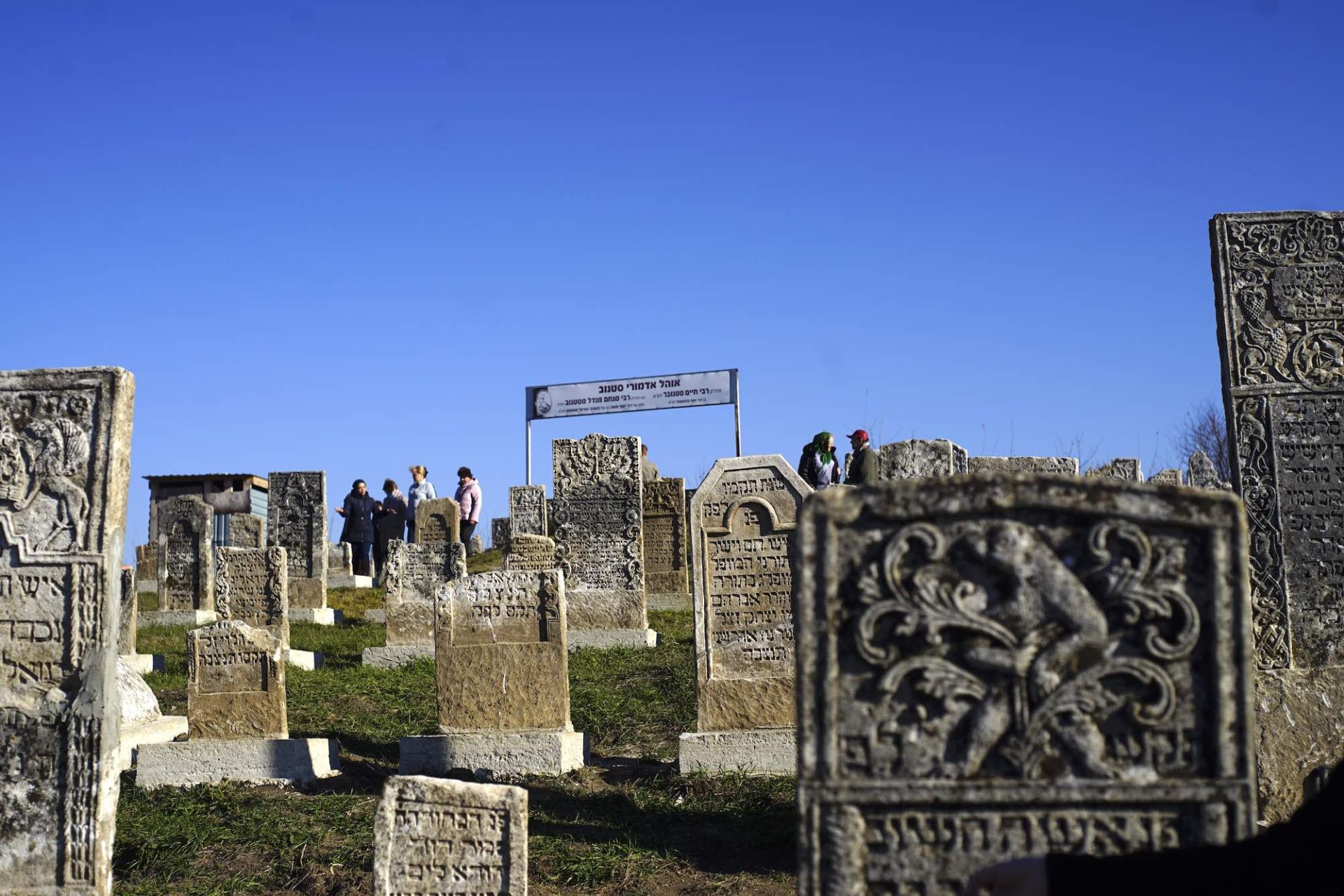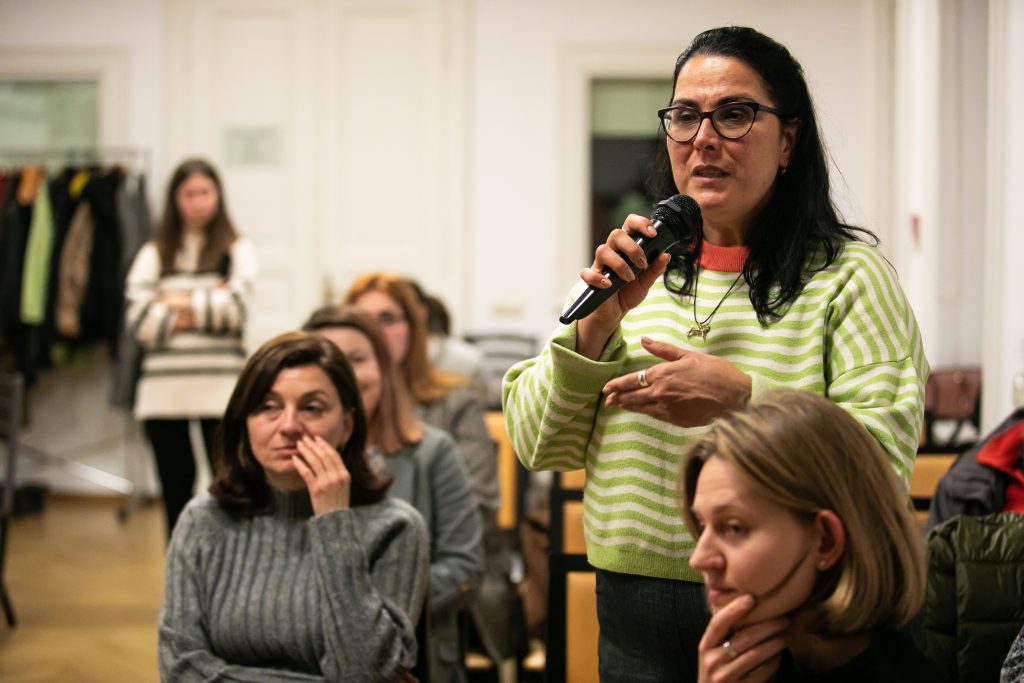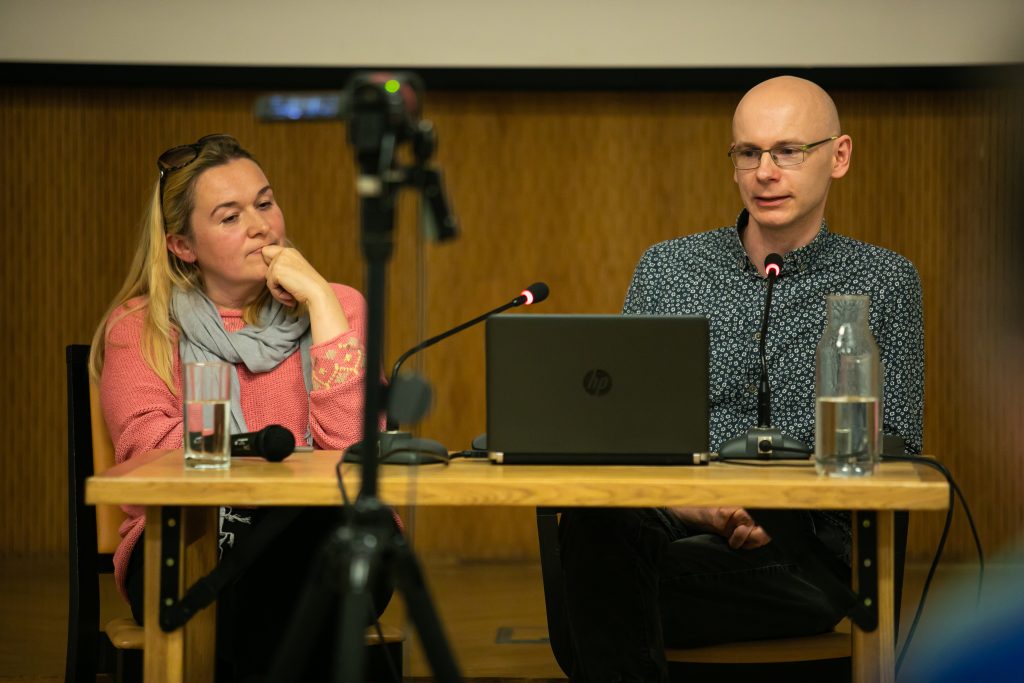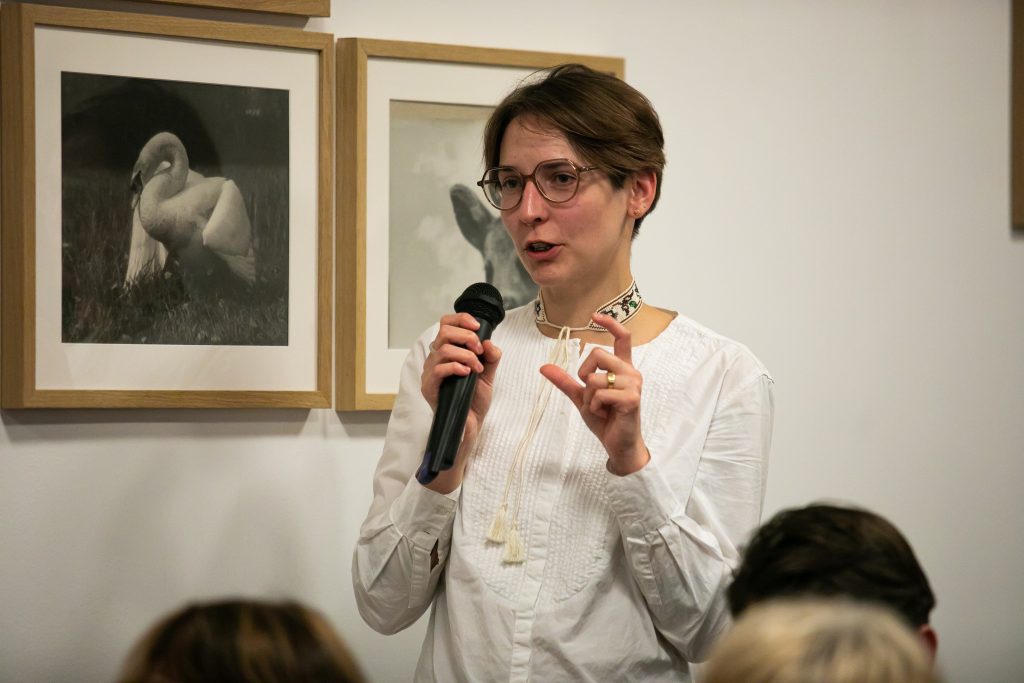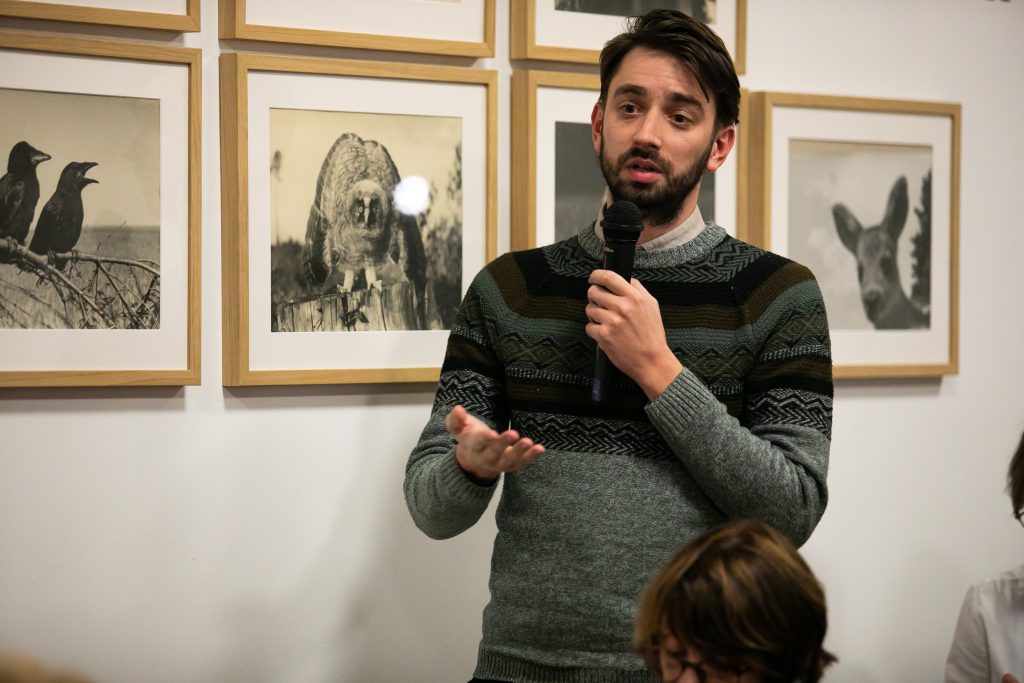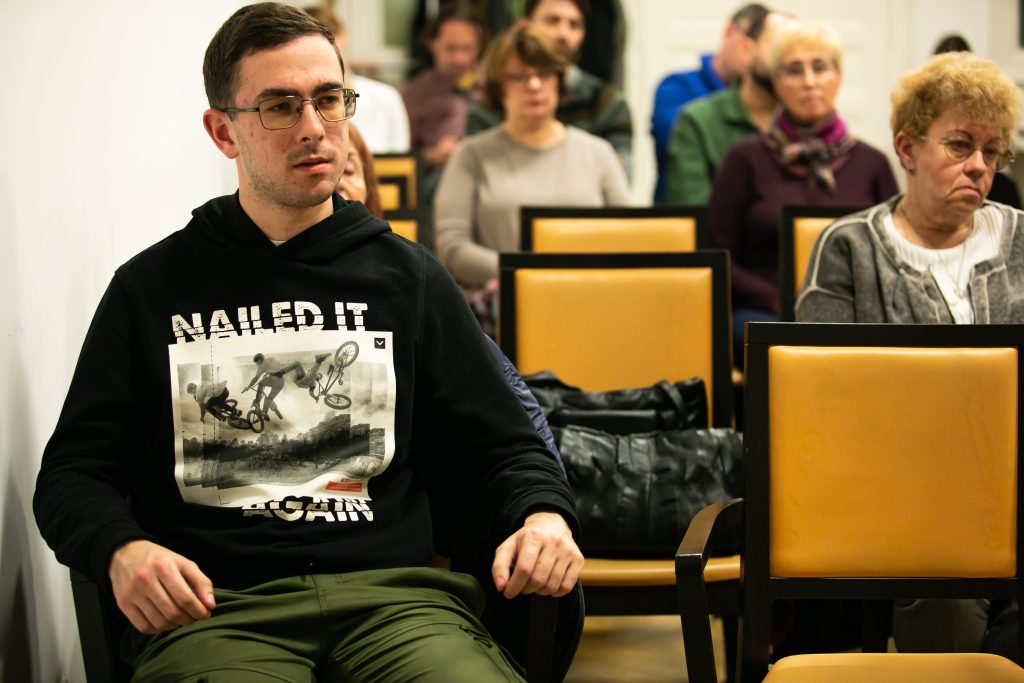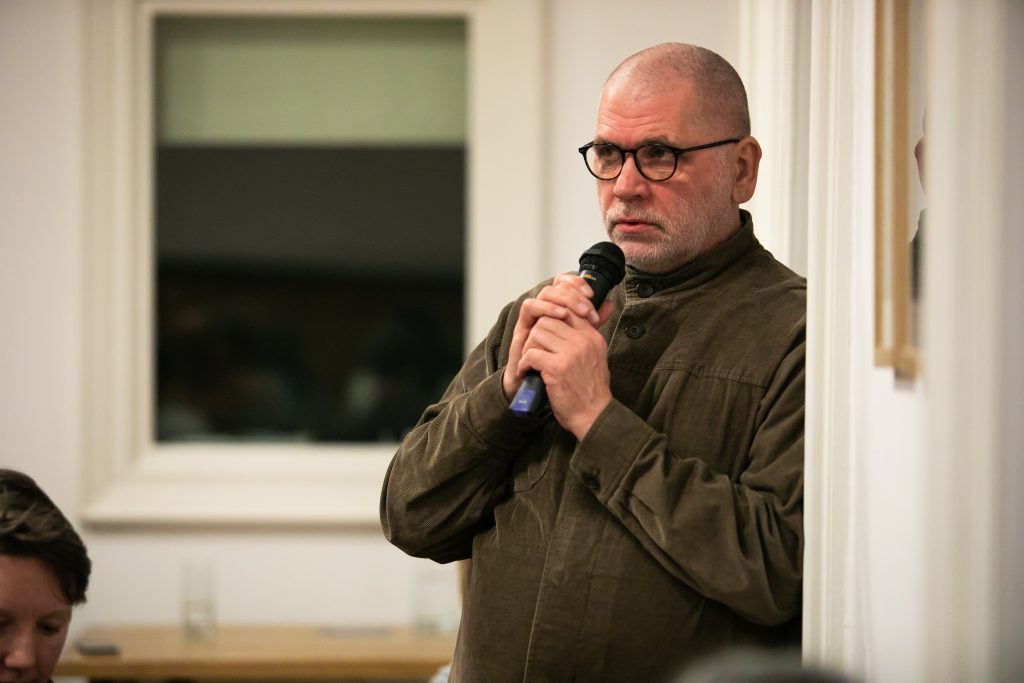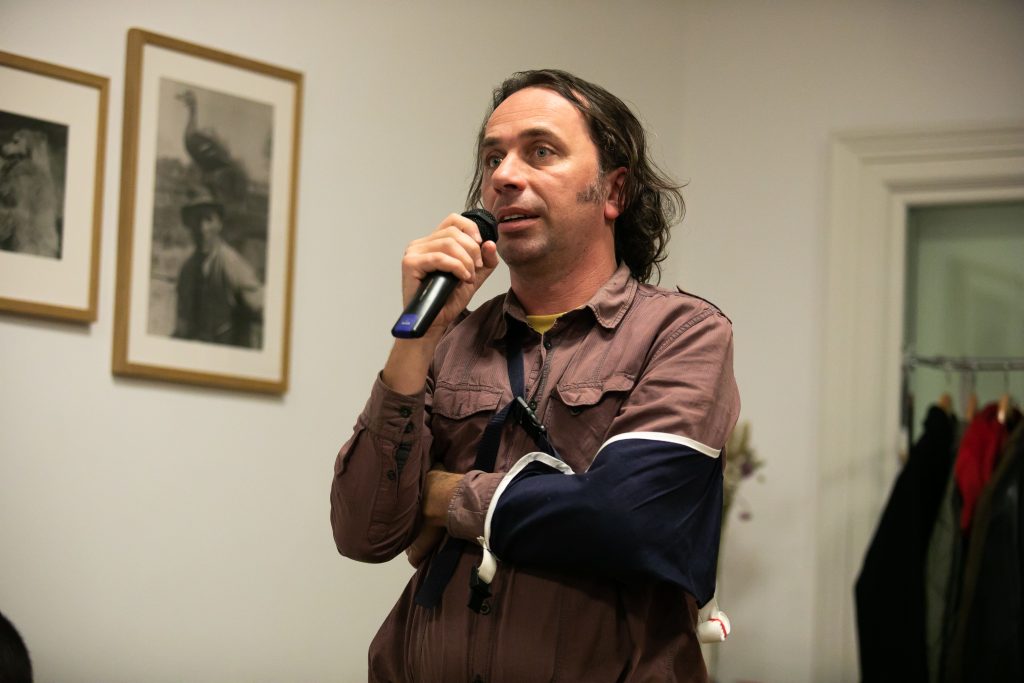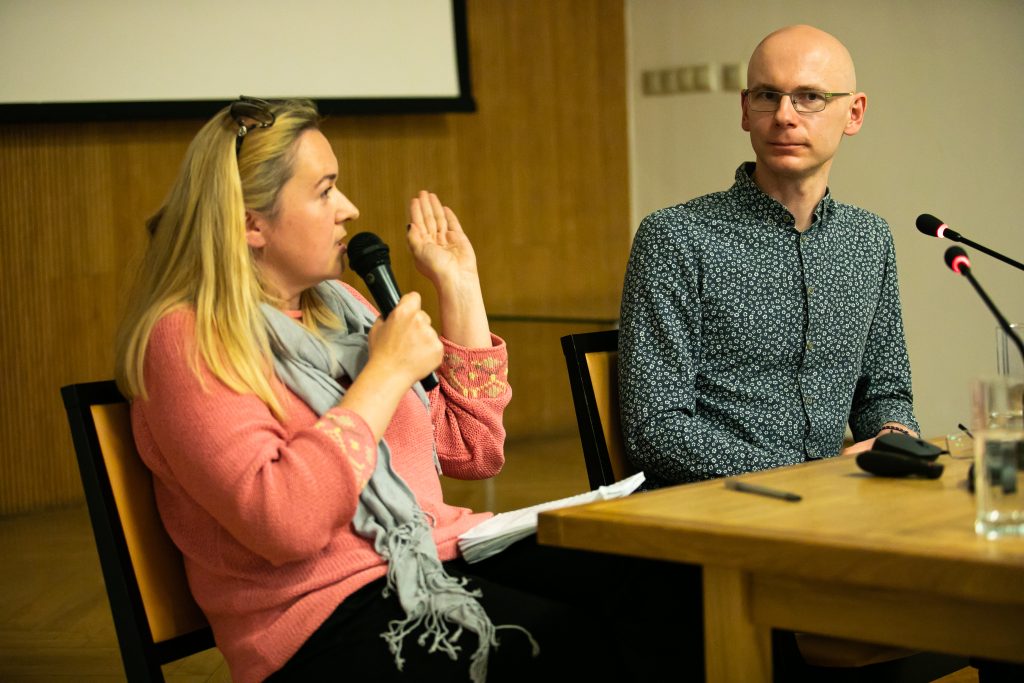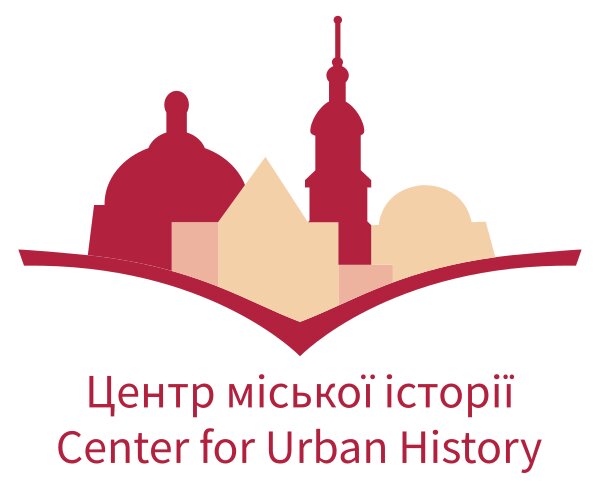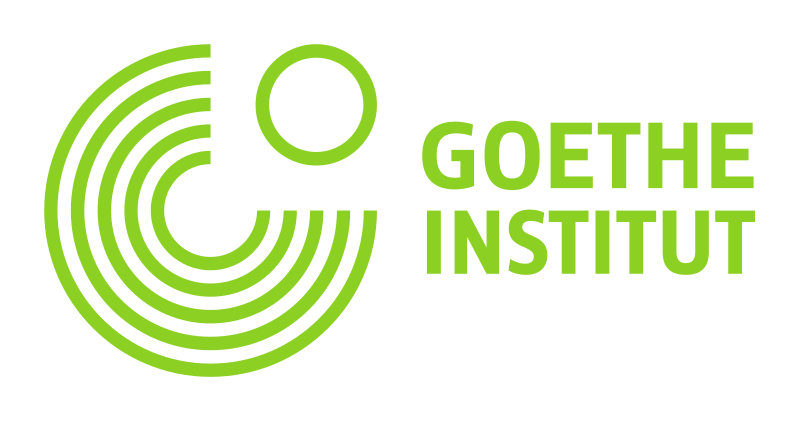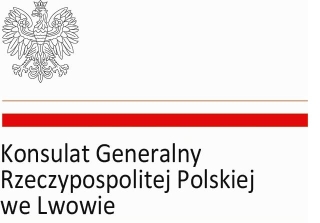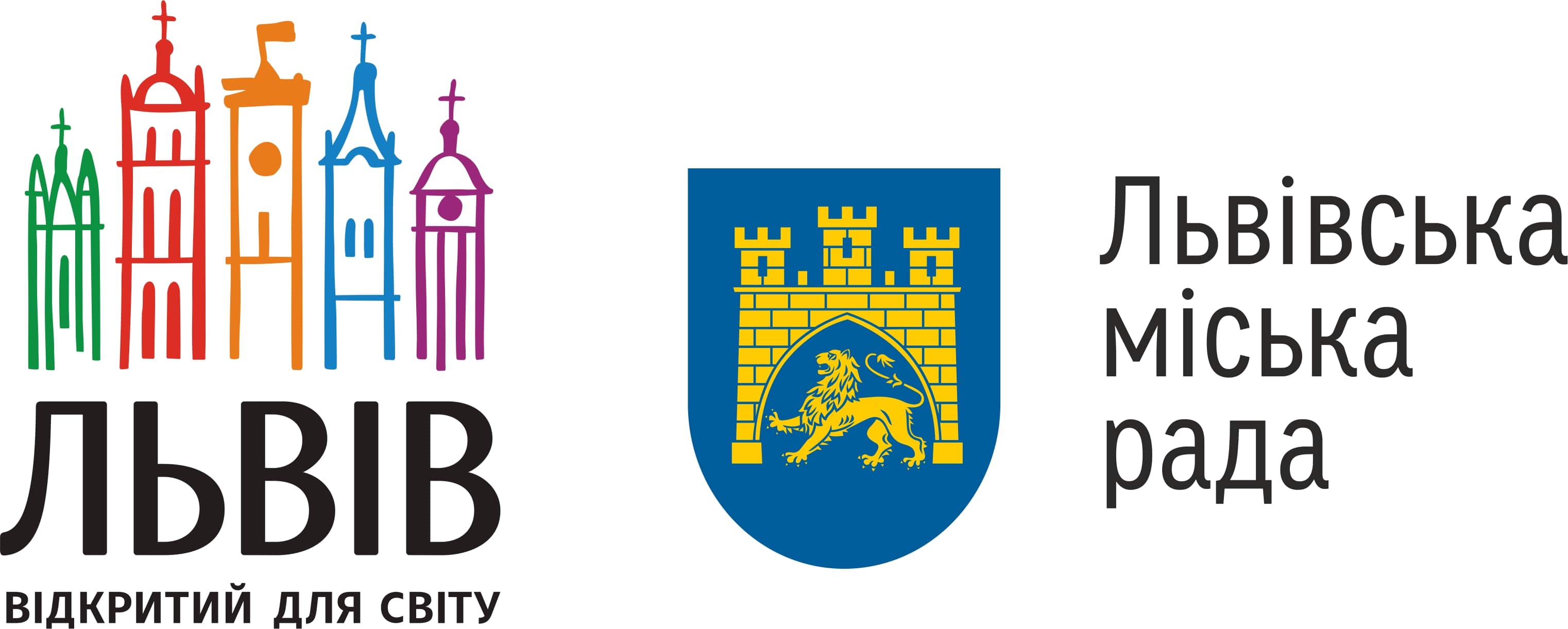In Search of a Native Shtetl. Looking Back in Time Three Generations Later
Tomasz M. Jankowski
Center for Jewish History of East Europe at Vilnius University30.10.2024, 18:30
Conference Room of the Center for Urban History
We invite you to attend a lecture by Tomasz Jankowski, which will be held as part of the public program "Domowroty / ПОВЕРНЕННЯ / Homing.".
During the lecture, the researcher will talk about the return of Jewish family descendants to the towns and villages of their ancestors in Galicia. He will discuss the (in)possibility of uncovering family history, the pain of irretrievable loss, and the joy of discovering the heritage that remains.
Three generations after the Holocaust, more and more families are striving to visit the places where their ancestors lived and died. They want to connect stories, old photographs, family histories, and often silenced traumas to physical places.
But eighty years after the World War II, the places of return have changed radically. There are almost no Holocaust survivors left, borders have changed, and often non-Jewish neighbors have moved away as well. In addition, in many places, the local Soviet authorities of the time eliminated even the last traces of Jewish inhabitants, such as cemeteries.
In recent years, the need to restore the memory of a common, but often separate, past has also been felt by contemporary residents. Can visitors from Israel or the United States fit themselves and their personal family histories into this contemporary landscape?
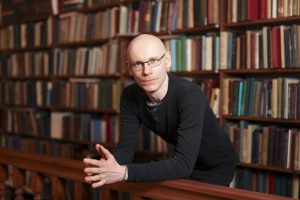
Tomasz M. Jankowski
Center for Jewish History of East Europe at Vilnius UniversityHe is a researcher at the Center for Jewish History of East Europe at Vilnius University. His research focuses on family history in the eighteenth and early twentieth centuries, as well as Jewish popular music before World War II. In his research, he explores the possibilities offered by data science and GIS methods. He has participated in the documentation of Jewish cemeteries in Ukraine and Poland, as well as in the organization of heritage tours. Together with the team of the Center for Urban History, he developed educational materials for Lviv guides about the period of World War II, entitled Difficult Pages of Common History. He published the books Hebrew Polish Tango (Polin Museum, 2019) and Demography of a Shtetl (Brill 2022).
Drawing on the metaphor of "returns," which is particularly sensitive today, the series "Domowroty / ПОВЕРНЕННЯ / Homing" actualizes reflections on the constant process of physical and material return, as well as emotional and intellectual reflections on what is place, belonging, and connection. The public program is part of the project "Homing: Returns of People, Places and Archive." The project is implemented in cooperation with the Goethe-Institut in Ukraine.
The exhibition "Domowroty / ПОВЕРНЕННЯ / Homing" is organized by Andrij Bojarov, Center for Urban History and Lviv Municipal Art Center in partnership with the Consulate General of the Republic of Poland in Lviv and Department of Culture of the Lviv City Council.
Credits
Cover Image: Jewish cemetery in Sataniv, 2021 // Tomasz M. Jankowski
Gallery: Ira Sereda
